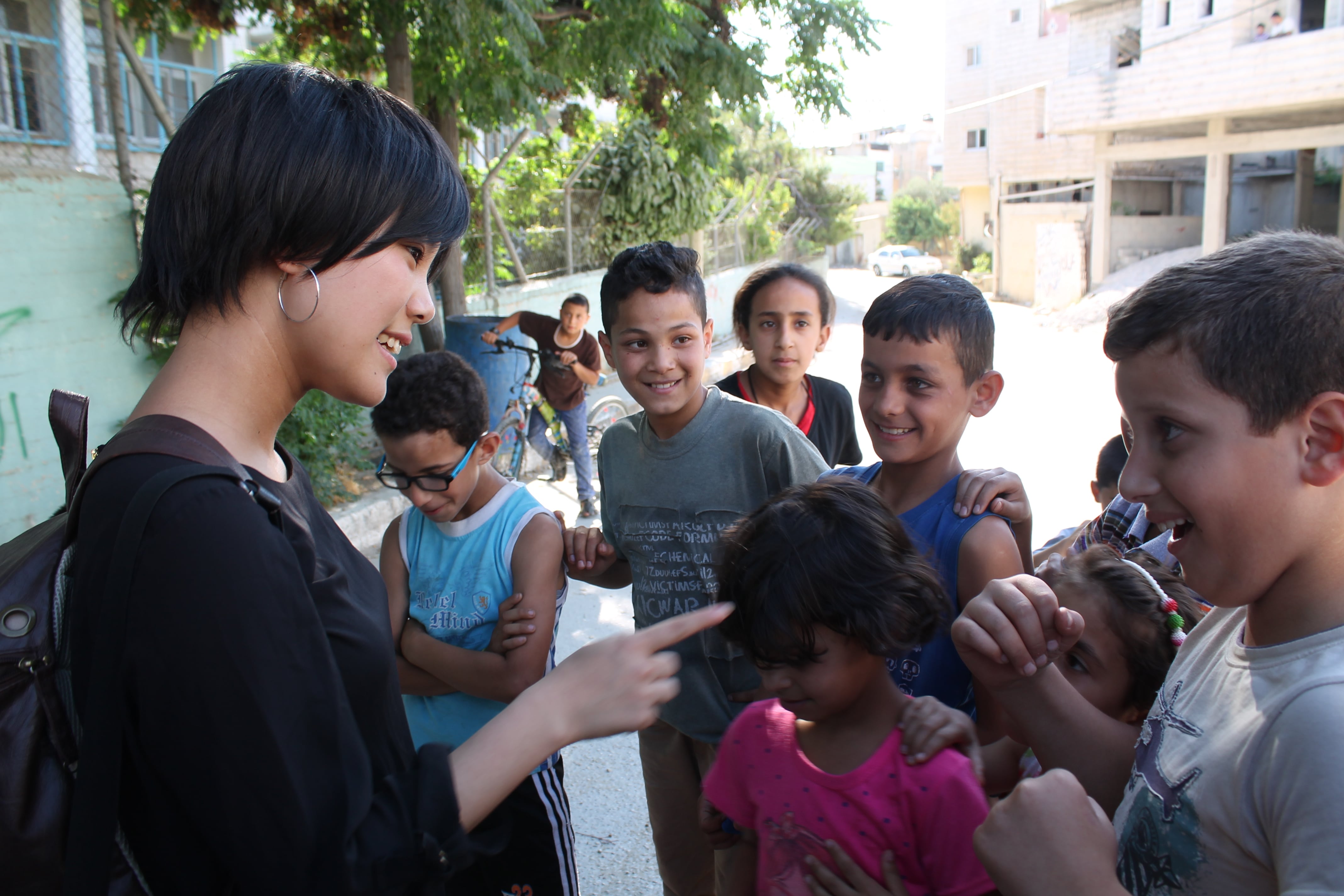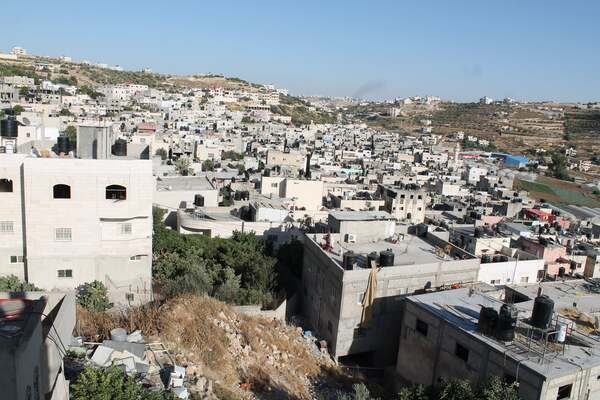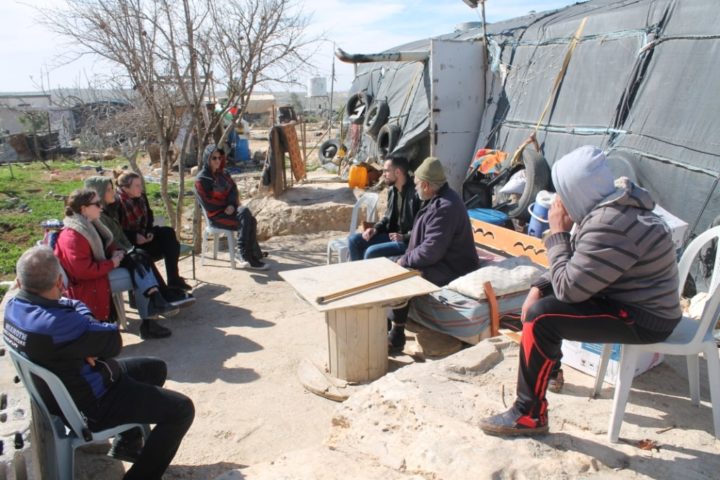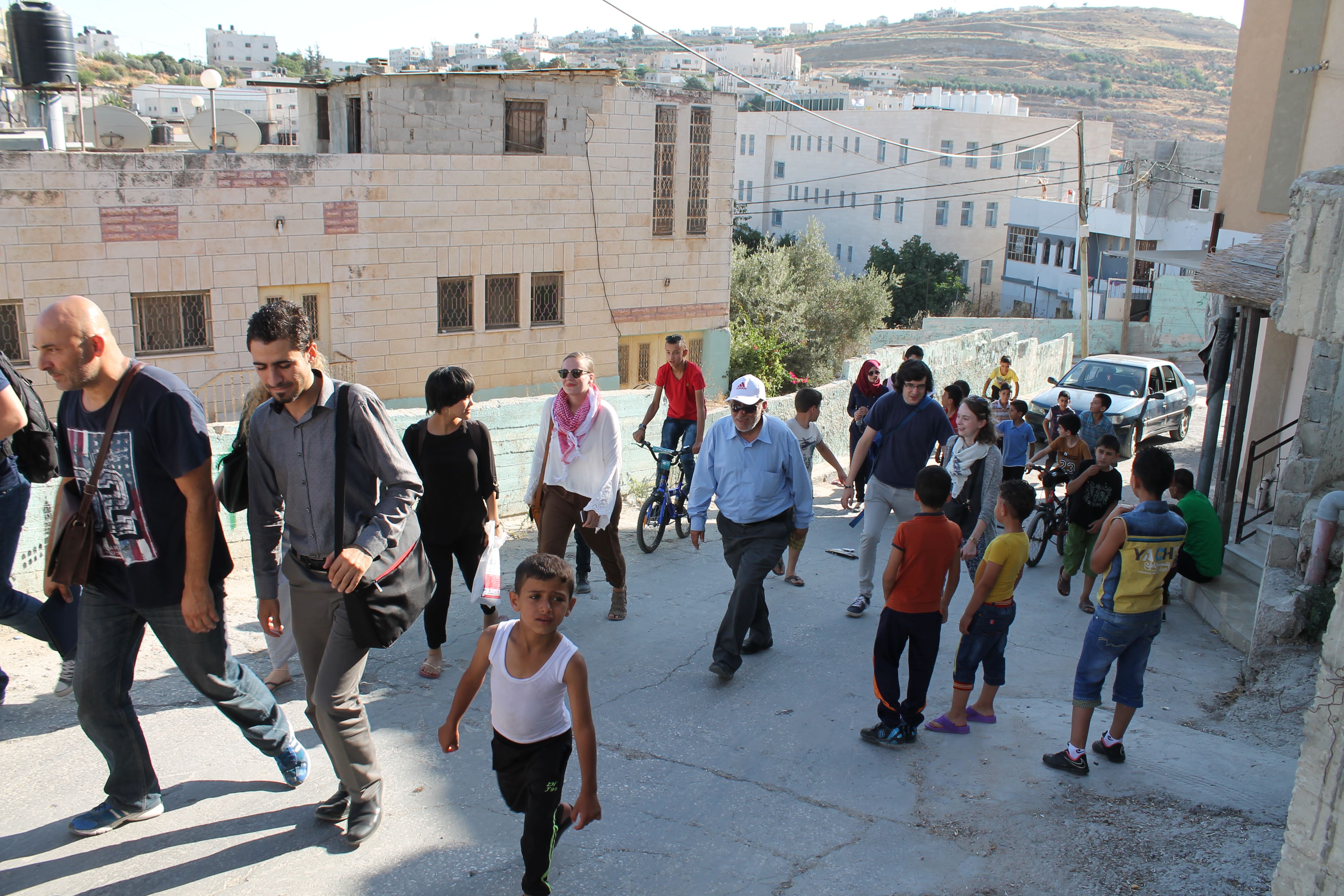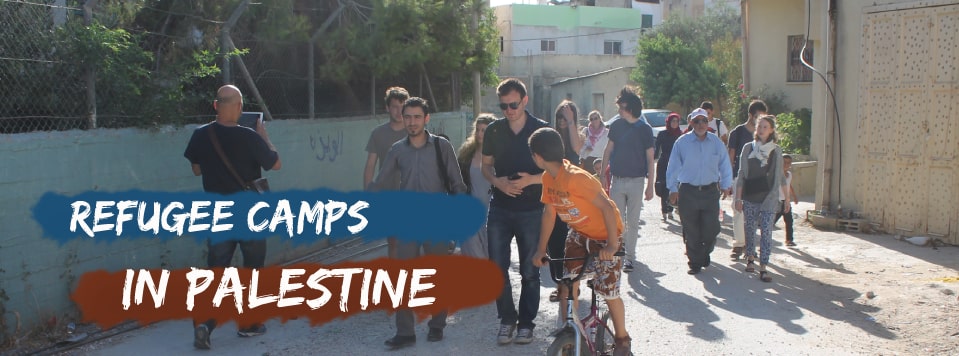
You might think that Palestinian refugees only live outside Palestine, in countries such as Jordan, Lebanon, Syria, and Iraq. However, there are also refugees who live in the West Bank and Gaza, with 22 camps in the West Bank housing approximately 176,000 refugees, and 12 camps in Gaza with 478,000 refugees.
How they are refugees in their own country?
During the 1948 war, Israel took control of many Palestinian towns, villages, and cities, and many Palestinians were forced to move to safer areas. Most of them went to either the West Bank or to Gaza, as these were the safest locations. They settled there temporarily, hoping to return back to their houses, but have been there ever since.
Why are they still living there?
Refugees often prefer to continue to live in refugee camps, to symbolize their continued hope that they will be able to return to their houses one day. Most never stop believing that they will be able to return home.
How do Palestinian refugees live?
Living conditions in refugee camps are uncomfortable and cramped, with poor infrastructure and no place for children to play. These camps suffer from limited housing, weak social services. This has become worse since the number of camps supervised by UNRWA has reduced from 25 to 19.
Can I visit these camps while I am in Palestine?
You can, and it can be a great opportunity to discover how people there handle their living situation. You will be able to hear these peoples’ stories about how they came to be a refugee, and what their daily lives are like. It is preferable to visit a camp with someone who lives there, or through an organized tour (many organizations make regular trips).
The Palestinian Center for Education and Cultural Exchange – GO Palestine in Hebron organizes visits to some of the refugee camps in Hebron and Bethlehem, such as Al-Fawar camp and Aida camp. Internationals who come to Palestine either to learn Arabic or teach English can join a trip to a camp in order to learn about life there.
The Center will provide a translator who will be able to translate conversations into English and explain more about the history of the camps. In addition, you will get the chance to visit some of the families who live inside the camps and be able to ask them questions.

